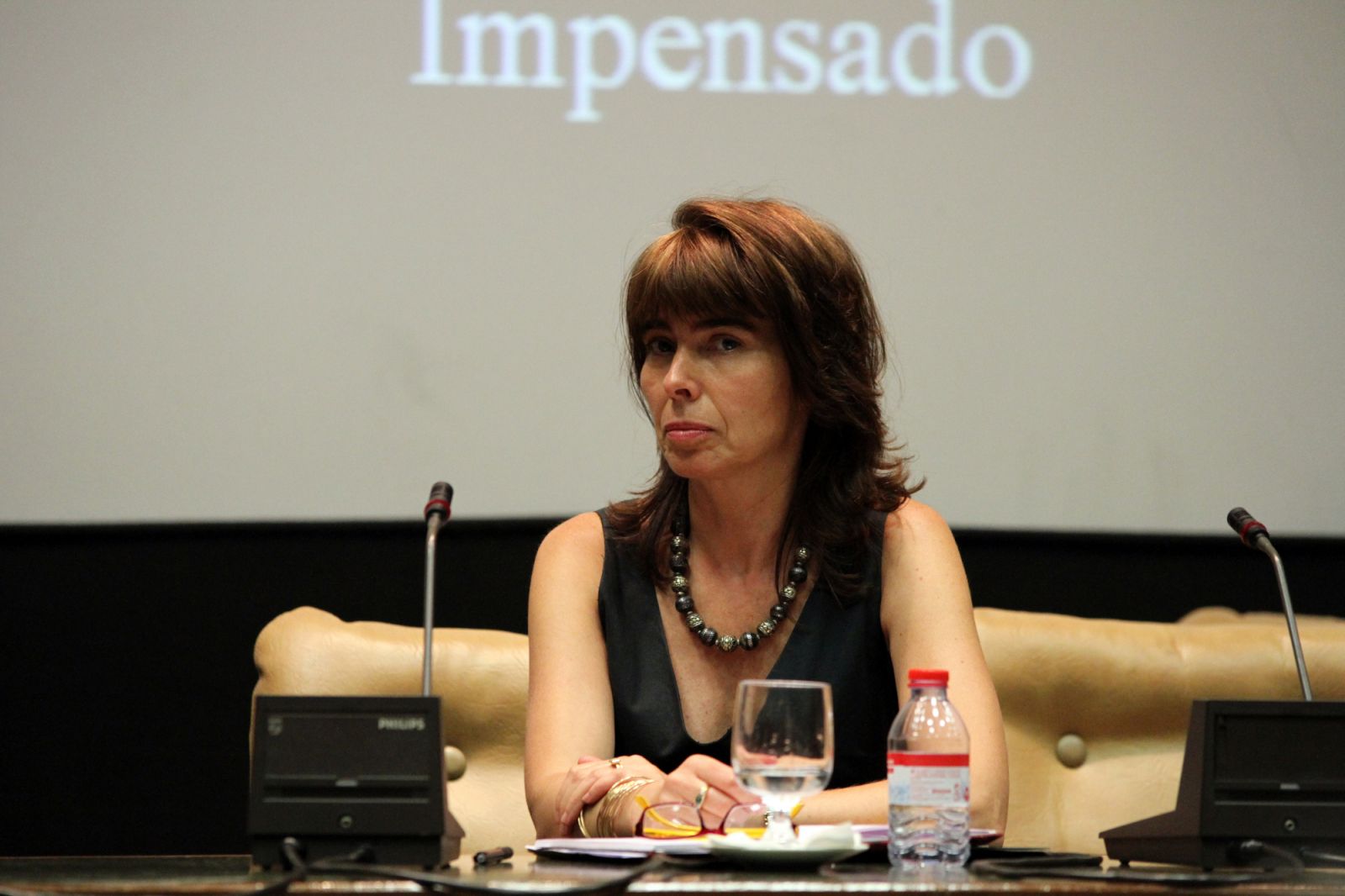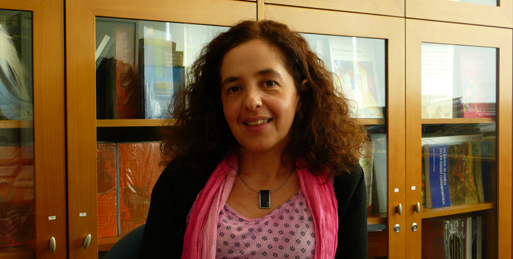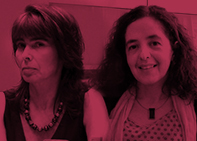Research
CES awarded with 2 to more ERC Consolidator Grants, in the amount of 4 million euros
Research projects coordinated by Helena Machado and Margarida Calafate Ribeiro
Two European Research Council (ERC) Consolidator Grants, worth approximately 2 million euros each, were awarded to two research projects of the Centre for Social Studies (CES) of the University of Coimbra, coordinated, respectively, by Margarida Calafate Ribeiro and Helena Machado.

In this sense, Margarida Calafate Ribeiro coordinates the team that will develop the project MEMOIRS – Os Filhos dos Impérios e Pós-Memórias Europeias [MEMOIRS - Children of Empires and European Postmemories], which proposes to offer a radical alternative and innovative perspective on contemporary European history, based on colonial legacies, that typify European societies. This project considers the colonial experience as a defining characteristic of several European national identities and seeks to question their incorporation into different national narratives through inherited memories processes.
Its main objective is to demonstrate how the processes of decolonization affected and continue to affect Europe as a collection of former colonial powers through the memories transferred, both by the “colonizers” as by the “colonized”, onto the following generations. The multicultural structure of contemporary European societies is thus questioned as a residue of decolonization, which can only be understood through a scientifically informed and politically postcolonial reading. Lasting five years, it will be financed in the amount of 1,982,475 euros.
As for Helena Machado, she will lead the project «EXCHANGE – Geneticistas forenses e a partilha transnacional de informação genética na União Europeia: relações entre ciência e controlo social, cidadania e democracia», [EXCHANGE - Forensic Geneticists and the Transnational Exchange of DNA data in the EU: Engaging Science with Social Control, Citizenship and Democracy], which aims to study the role of forensic genetics and DNA technologies in criminal investigation in the context of surveillance and public security policies in the European Union. EXCHANGE will focus on the practices of forensic scientists involved in the Prüm Treaty (also known as Schengen III), which created, in the European Union, an, automated, system of genetic information sharing between countries, in order to combat organized crime, terrorism and illegal immigration. Lasting five years, it will be financed in the amount of 1,838,150 euros.
Achieved in the most competitive competitions in Europe, this is already the fourth ERC funding granted to CES, in a total of nearly 8 million. After the Advanced Grant awarded to the sociologist Boaventura de Sousa Santos (2010), director of CES, worth 2.4 million euros, to the research project “ALICE – Strange Mirrors, Unsuspected Lessons: Leading Europe to a new way of sharing the world experiences and the Starting Grant awarded to the sociologist Ana Cristina Santos (2013), to carry out the research project “INTIMATE - Citizenship, Care and Choice: The Micropolitics of Intimacy in Southern Europe” (1,4 million euros).
In this competition for Consolidator Grant the ERC received over 2500 applications, resulting in funding to approximately 10%. Its objective is to support researchers at a level of consolidation of their independent research teams.
Margarida Calafate Ribeiro is senior researcher at the Centro de Estudos Sociais, University of Coimbra, and a member of the Humanities, Migration and Peace Studies Research Group (NHUMEP). She is a lecturer in the PhD taught course Cultural Heritages of Portuguese Influence (which she coordinates with Walter Rossa). She holds the Eduardo Lourenço Chair, from Instituto Camões and the University of Bologna, (with Roberto Vecchi).
She holds a PhD in Portuguese Studies from King's College, University of London, an MA from the Universidade Nova de Lisboa and a BA from the University of Aveiro, Portugal.
She is the author of África no feminino: as mulheres portuguesas e a Guerra Colonial; and Uma história de regressos: império, Guerra Colonial e pós-colonialismo. She is also the co-editor of the books Antologia da memória poética da Guerra Colonial (with Roberto Vecchi); Literaturas da Guiné-Bissau: cantando os escritos da história (with Odete Costa Semedo); Literaturas insulares: leituras e escritas de Cabo verde e São Tomé e Príncipe (with Sílvio Renato Jorge); Atlantico periferico: il postcolonialismo portoghese e il sistema mondiale (with Roberto Vecchi, Vincenzo Russo); Lendo Angola (with Laura Cavalcante Padilha); Moçambique: das palavras escritas (with Maria Paula Meneses); Fantasmas e fantasias imperiais no imaginário português contemporâneo (with Ana Paula Ferreira).
Helena Machado is FCT Researcher (Consolidation Grant) of the Research Group on Science, Economy and Society of the Centre for Social Studies, University of Coimbra.
Her research interests focus on sociology of crime and social studies of forensic genetics, with attention to interrelationships between science, technology and the justice system, specifically societal, regulatory and ethical issues re the application of molecular genetic techniques in criminal investigation and crime combat. Helena Machado has studied the importance of forensic genetics in contemporary forms of governance and in the context of social control practices and management of populations considered “dangerous”. Moreover, she has explored the impacts of forensic genetics in the construction of individual and collective identities and in emerging methods of genetic citizenship.
Developed pioneering research (with Barbara Prainsack - King's College London) on the perspectives of prisoners regarding the implications of genetic technologies in the construction of stigma and the capacitating and repressive effects of genetic surveillance.
She has published in various national and international journals on topics such as biocitizenship, informed consent in biological material donation, genetic monitoring and narratives of culture media on criminal investigation and forensic science. Also, she has coordinated several scientific research projects on these issues, with the support of the Portuguese Foundation for Science and Technology.
The ERC grants which, with the support of EU, fund cutting-edge research in Europe, have been granted to very few scientists in Portugal. Thus this double award studies conducted at the Centre for Social Studies is very significant, representative of the quality and innovation of projects in the field of cultural studies and social studies of forensic genetics and criminology.


